
Everyday Bias
Identifying and Navigating Unconscious Judgments in Our Daily Lives
Recommendation
Diversity consultant Howard J. Ross shows how to free yourself from biases you probably don’t even know you have. The problem is that biases are unconscious. As a result, you may be unaware of some of the reasons underlying your actions and reactions. You may have rejected a job applicant who resembles someone you don’t like, or you might choose a presidential candidate based on height. You may have missed great opportunities because of a hidden antipathy against certain groups of people or an unacknowledged assumption about gender roles. If you increase your awareness of your biases, you can take steps to circumvent them – as do orchestras that audition players behind a screen to bypass race, age and gender biases, and just hear the music. Ross explains the evolutionary roots of bias, and outlines strategies for finding and defusing individual and organizational prejudices. He recounts fascinating research findings, such as the one featuring radiologists so intent on spotting cancer cells that they didn’t notice the inch-tall image of a gorilla that researchers had superimposed on the X-ray. getAbstract recommends Ross’s insights to human resource professionals, managers and leaders dealing with a diverse workforce, and to anyone seeking to learn, grow and evolve.
Summary
About the Author
Howard J. Ross, professor in residence at the Bennett College for Women, founded the diversity consultancy Cook Ross.








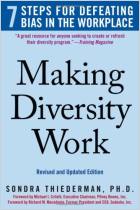
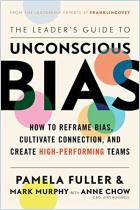
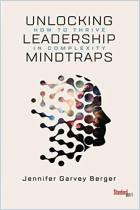
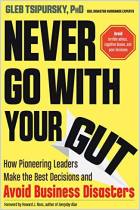
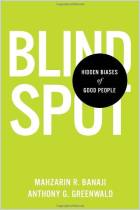
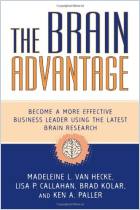
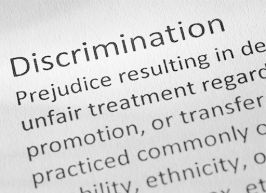



Comment on this summary or Démarrer une discussion